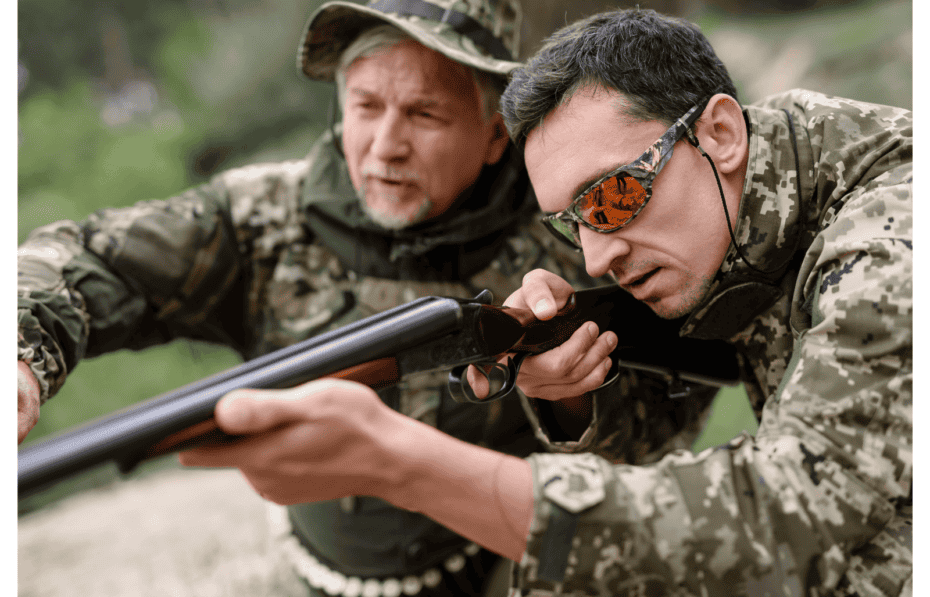As individuals in their early 20s embark on new adventures and experiences, it’s crucial to prioritize hearing health to ensure a vibrant and fulfilling future. One of the most effective ways to prevent hearing loss is by practicing safe listening habits. Limit exposure to loud noises, such as concerts, clubs, and sporting events, which can damage delicate hair cells in the inner ear. When attending loud events, use earplugs or noise-canceling headphones to reduce the intensity of sound reaching your ears. Additionally, give your ears regular breaks from exposure to loud environments to allow for recovery and minimize the risk of long-term damage.
Protect Your Ears During Recreational Activities
Engaging in recreational activities such as motorcycling, hunting, or target shooting can expose your ears to hazardous noise levels. Invest in high-quality ear protection, such as earmuffs or custom-fitted earplugs, specifically designed for these activities. Wearing protective gear consistently and correctly can significantly reduce the risk of noise-induced hearing loss and preserve your hearing for the future.
Your overall health and wellness play a significant role in preserving hearing health. Adopting a balanced diet rich in vitamins and minerals, particularly those that support auditory function like vitamins C, E, and magnesium can promote optimal hearing health. Regular exercise improves blood circulation to the ears, enhancing their function and reducing the risk of age-related hearing loss. Additionally, avoid smoking and limit alcohol consumption, as these habits can contribute to hearing damage and other health issues.
Prioritize Hearing Health Exams
Regular hearing health exams are essential for monitoring your auditory function and detecting any signs of hearing loss early on. Schedule a comprehensive hearing evaluation with a professional at least once a year, especially if you have a family history of hearing loss or are exposed to loud noises regularly. Early detection allows for timely intervention and management of any hearing issues, preventing further deterioration and preserving your hearing for the future.
Knowledge is a powerful tool in preventing hearing loss. Take the time to educate yourself and others about the importance of hearing health and the potential risks of exposure to loud noises. Share information about safe listening practices and the importance of using hearing protection in noisy environments. By raising awareness and promoting proactive measures, you can help prevent hearing loss.
Seek Support and Guidance
If you have concerns about your hearing or are experiencing symptoms of hearing loss, don’t hesitate to seek support and guidance from a qualified provider. Your hearing health provider can conduct a thorough evaluation of your hearing and provide personalized recommendations and interventions to address any issues. Whether it’s fitting you with hearing aids or recommending auditory rehabilitation programs, your provider is committed to helping you maintain optimal hearing health and quality of life.
Preventing hearing loss in your early 20s requires a proactive approach and a commitment to prioritizing hearing health. By practicing safe listening habits, protecting your ears during recreational activities, maintaining overall health and wellness, educating yourself and others, and seeking support and guidance from a qualified provider, you can take control of your auditory well-being and enjoy a lifetime of vibrant hearing.

